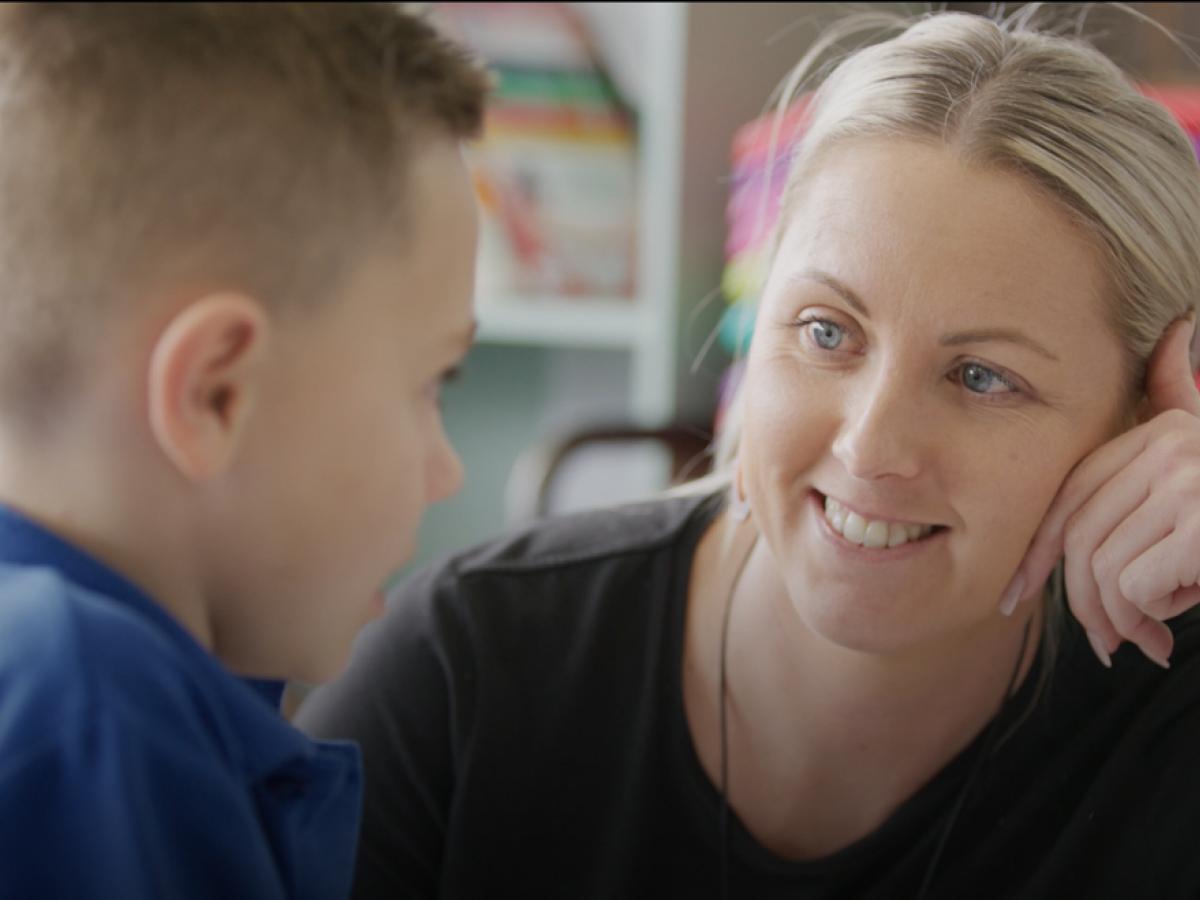A new report into the mental wellbeing of Australia’s youth, written by the University of Adelaide, has shown young people across the country are struggling with their resilience and mental health.

Picture courtesy of The Resilience Project.
The finding was published in the 2023 State of the Nation Report, with data collected from the annual Resilient Youth Australia Resilience Survey of around 140,000 students in Grades 3-12, across every state and territory.
Responses showed 27.4 per cent of primary school students and 35.9 per cent of secondary school students report high levels of anxiety, depression, or both.
Worryingly, the 2023 report did not show improvement in the wellbeing of young people compared with data captured during the disrupted pandemic years.
“Our data compares current wellbeing reports with 2022 and 2021, and for the most part shows no improvement over this time,” said Dr Mark Kohler of the University of Adelaide’s Wellbeing in Learning & Development (WiLD) Laboratory, which released the report.
“It’s clearly not just a simple matter of ‘coming out of Covid’ or things going back to normal. When it comes to the wellbeing of our youth, the data doesn’t paint a pretty picture.”
Between 40-50 per cent of students reported high levels of disengagement and falling levels of hope, across all ages and genders. Among grade 7-10 students, 5 per cent reported frequent use of vapes and alcohol consumption, rising to 11 and 15 per cent among grade 11 and 12 students, respectively.
Dr Kohler said more research and investment in school-based programs is needed immediately.
“Families have declining resources, and often parents need to manage their own wellbeing in addition to that of their children,” said Dr Kohler.
“One-on-one consultations with a psychologist or counsellor, while excellent, are no longer practicable to address the levels of problems amongst our children and youth in Australia.
“A broad scale school-based program is not only effective but also has the efficiency and reach to address the problems at a whole-population level.”
Australia now stands at a crossroads in its commitment to the wellbeing of its youth.Dr Mark Kohler
The State of the Nation Report makes three urgent recommendations to address Australian youth’s poor mental health:
- As students largely consider schools as safe, supportive and positive places to be, they should be used to address the wellbeing of young Australians by using proactive, evidence-based programs that are continuously measured.
- Schools should be empowered with knowledge and context-specific student mental health data to inform their approach.
- Wellbeing should be prioritised as a way of influencing academic outcomes, given the evidence showing a strong correlation linking good mental health and academic success.
The Resilience Project (TRP) is an organisation which uses the Resilience Survey data to help people build the happiness and resilience of students.
It uses a whole-school approach to proactively build and maintain collective social and emotional skills and instill an inclusive and supportive school environment.
Phoenix P-12 Community College in Ballarat began working with TRP in 2021 and are reporting improvements in hope, emotional literacy, and overall student life satisfaction.
“Implementing the TRP program has guided us in embedding a consistent language and whole-school approach to wellbeing at our school,” says Phoenix’s Principal, Karen Snibson.
“Staff are committed to the program, expanding the mental health literacy of our school community. The most notable shifts we have observed are students becoming increasingly grateful, resilient, and having a more positive outlook.”
Dr Kohler said it is imperative that Australia’s education sector is supported to address the mental health crisis in our youth.
“Australia now stands at a crossroads in its commitment to the wellbeing of its youth,” he said.
“Our youth have shown incredible resilience over the last few years, but just like a rubber band you can only stretch it so many times before something gives.”
Dr Kohler’s call for action is in line with the Australian Government National Mental Health Commission’s admission that “a national approach to mental health and suicide prevention could not be achieved without ensuring the mental health and wellbeing needs of our children”.
“The dataset we have collected is confronting but there is an opportunity to rally as a nation, supporting our students to ensure their resilience and mental health are top priorities,” Dr Kohler added.
“Together, through informed action and collective effort, we can rewrite the story of our youth – a story filled with hope, resilience, and limitless potential.”
The Resilient Youth: 2023 State of the Nation Report, is available at the WiLD website.






